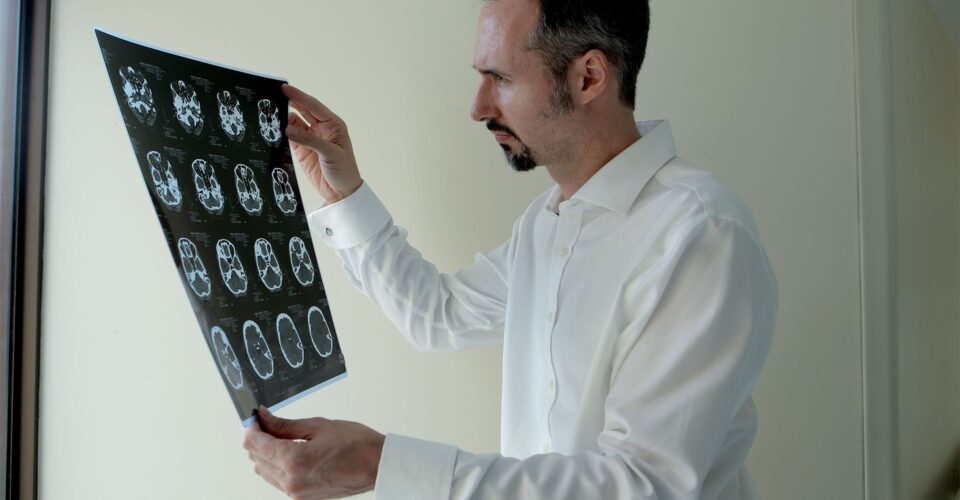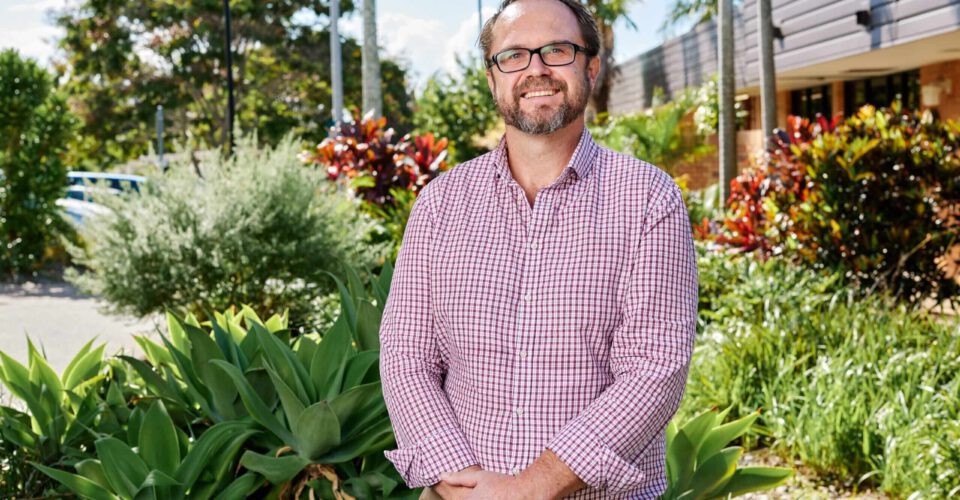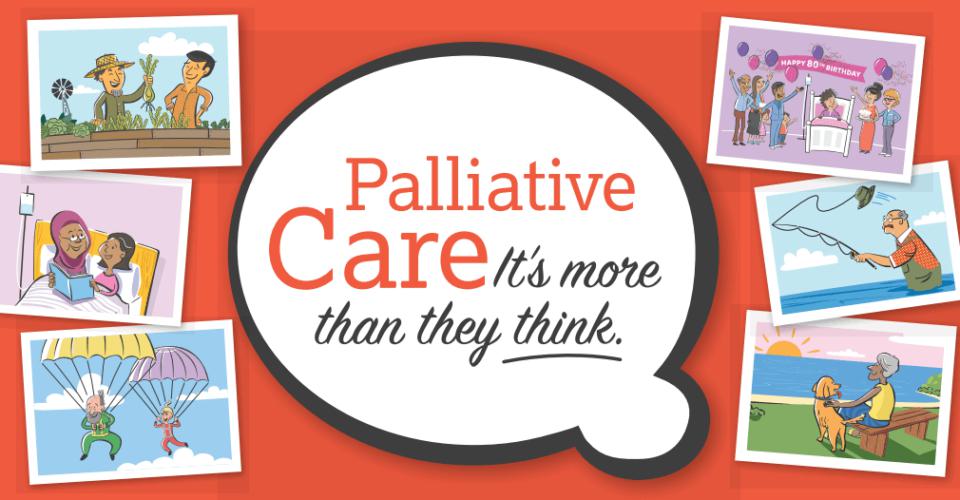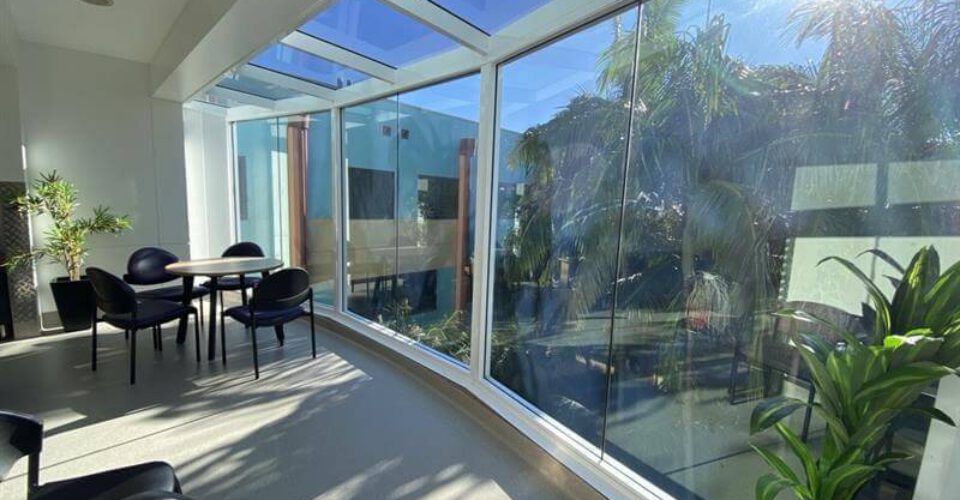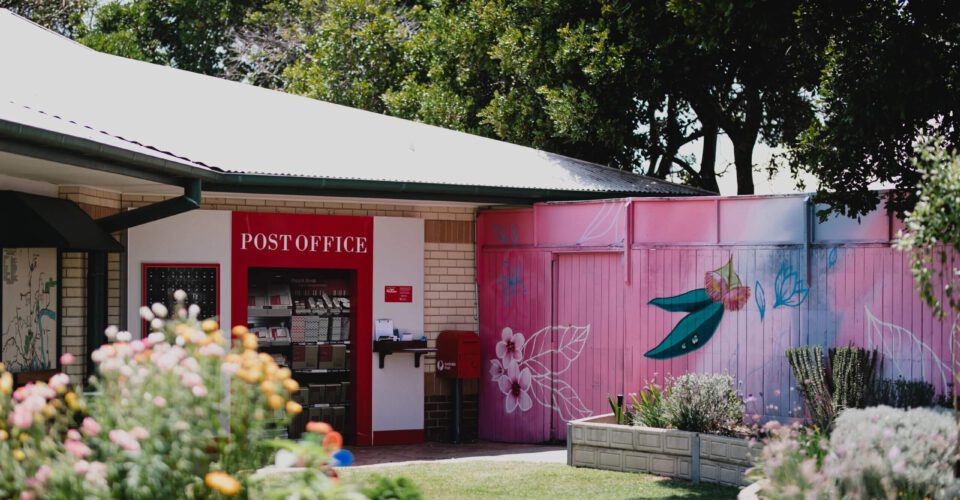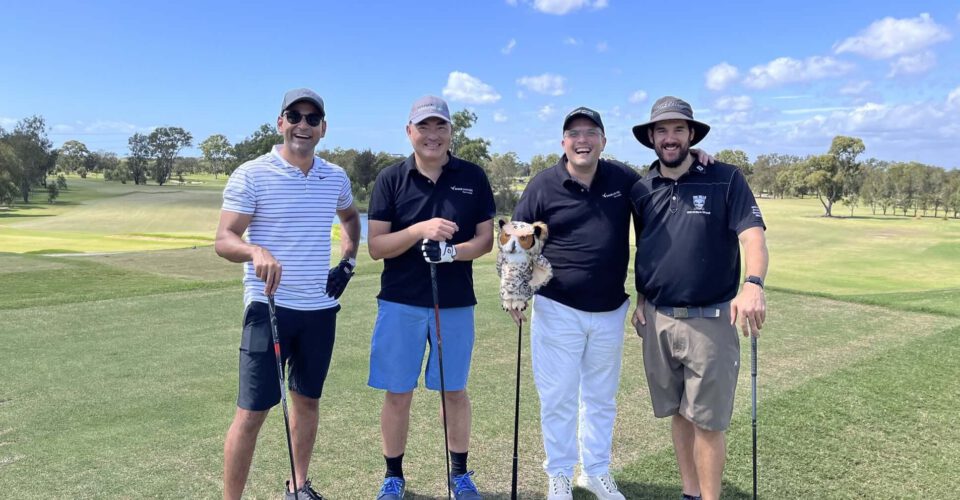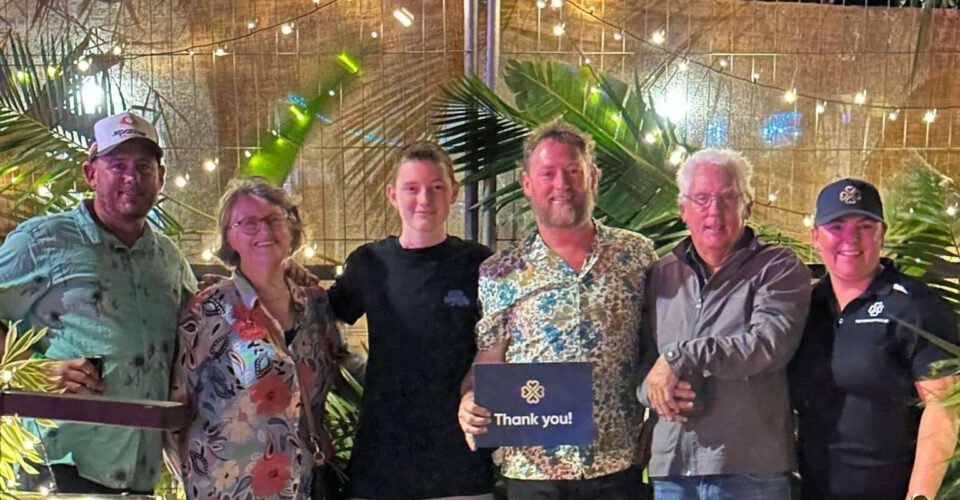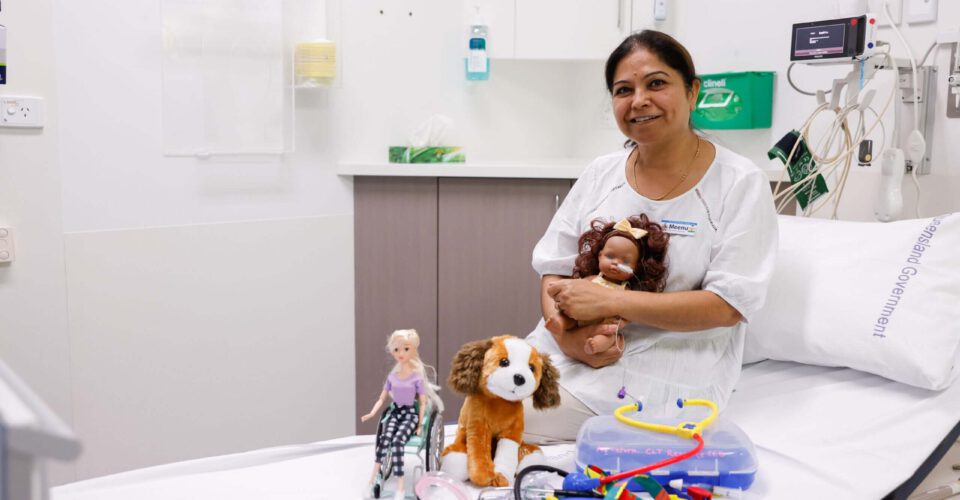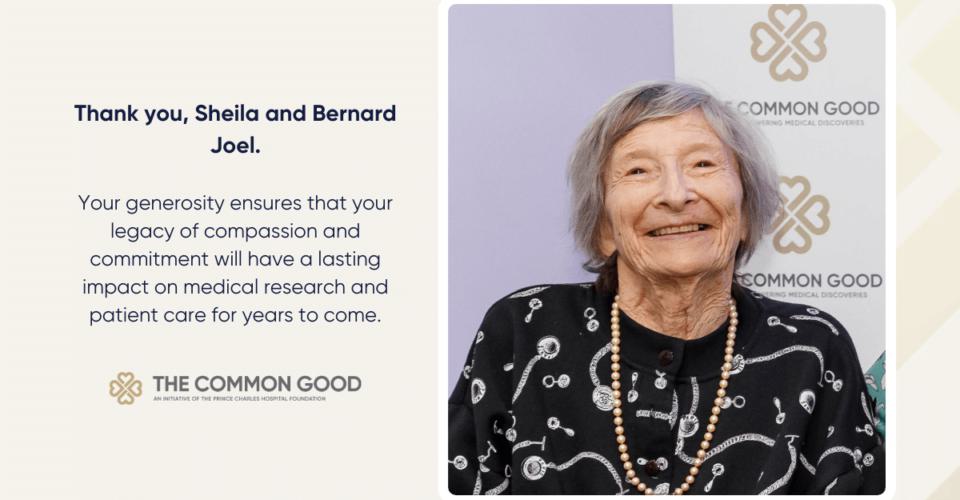Dementia currently affects over 350,000 Australians, a staggering number. With our ageing population coupled with a lack of viable treatments, this number is set to nearly triple in the next 30 to 40 years.
One of the main issues in our inability to effectively treat Dementia lies in not knowing how it affects the physiology of the brain and that we are currently left to rely on cognitive tests to diagnose and manage all forms of dementia.
With your support, our research team led by Dr Eamonn Eeles from The Prince Charles Hospital, with a specialist medical team and imaging experts from the CSIRO and the Queensland Brain Institute, have created a way to map the human brain using a new isotope to see what the early signs of dementia look like.
50 patients with Alzheimer’s and 10 healthy individuals will participate in several tests, including memory and brain scans using Positron Emmission Tomography (PET) and Magnetic Resonance Imaging (MRI) brain scans.
“By using this innovative scanner, and a radioactive tracer, we will be able to directly measure chemical signals in the memory-forming part of the brain. This imaging, together with the scans, will give us the best look yet into the workings of the brain, and enable us to better evaluate changes that happen with early onset of Alzheimer’s disease,” explains Dr Eeles.
This is a whole new world of research. The ability to read the brain would fast-track the development of drugs that researchers believe could halt the progression of the disease.
So far, we have raised half the funds needed to sustain this project. You can help secure the remaining funds for these critical trials by donating now.
You can help turn the tide and stop dementia in its tracks, so that future generations never have to suffer the heartache of the long goodbye.
